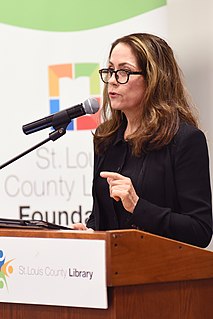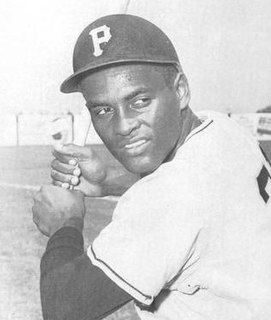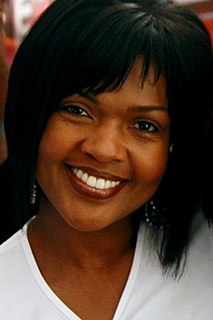A Quote by Cathy O'Neil
By construction, the world of big data is siloed and segmented and segregated so that successful people, like myself - technologists, well-educated white people, for the most part - benefit from big data, and it's the people on the other side of the economic spectrum, especially people of color, who suffer from it. They suffer from it individually, at different times, at different moments. They never get a clear explanation of what actually happened to them because all these scores are secret and sometimes they don't even know they're being scored.
Quote Topics
Actually
Because
Being
Benefit
Big
Clear
Color
Construction
Data
Different
Different Times
Economic
Educated
Even
Explanation
Get
Happened
Individually
Know
Like
Moments
Most
Myself
Never
Other
Part
People
Scores
Secret
Segregated
Side
Sometimes
Spectrum
Successful
Successful People
Suffer
Them
Times
Well
Well-Educated
White
World
Related Quotes
We get more data about people than any other data company gets about people, about anything - and it's not even close. We're looking at what you know, what you don't know, how you learn best. The big difference between us and other big data companies is that we're not ever marketing your data to a third party for any reason.
I think that's actually what's missing from government, for the most part. We've got a lot of policy people, but we have no technologists, even though technology is such a big part of our lives. It's just amazing, because even these big Silicon Valley companies, the masters of the universe or whatever, haven't engaged with Washington until recently. They're still playing catch-up.
Personally I don't like labels: Brazil is huge and each part has its own specifics. Of course the climate influences how people dress, but even climate can be completely different in different parts of the country here. Like any other part of the world, jeans, T-shirt and sneakers are the uniform for kids in the big cities. As the streetwear scene evolves, people get more connected to global brands, thanks to Internet.
White people don't have that problem, they get to go through life never having to fit into a box, and it's really more so true for white men because even just being a woman, you sort of have to walk around other people's assumptions of you and it's so exhausting and there's a sense, especially among young people of wanting to just live your life, not having to wear the weight of that pressure - pressure that people of color feel, that gay people of color feel, that women of color feel.
I don't want to be one of those people who claim to hate labels, but it's true. I even feel that we've got it all wrong with the whole gay/straight thing. There is a spectrum. Everybody is completely different. Some people are way over on this side of the spectrum, some are on the other side, and some are crossed in certain ways.
The big thing that's happened is, in the time since the Affordable Care Act has been going on, our medical science has been advancing. We have now genomic data. We have the power of big data about what your living patterns are, what's happening in your body. Even your smartphone can collect data about your walking or your pulse or other things that could be incredibly meaningful in being able to predict whether you have disease coming in the future and help avert those problems.
































